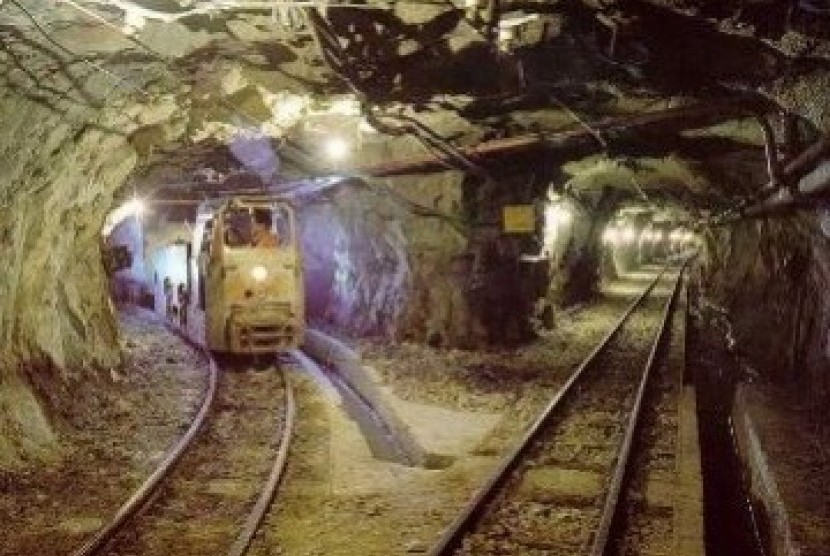REPUBLIKA.CO.ID, JAKARTA -- The Agency for the Assessment and Application of Technology (BPPT), in collaboration with the Ministry of Environment and Forestry, is developing an innovative pilot plant of a gold mine without mercury in Lebak, Banten Province.
"This development is important for gold mining as well as for the application of what has been developed on a laboratory scale," BPPT's Deputy Head of Natural Resources Development Technology, Wimpie Agoeng Noegroho, said here on Monday.
BPPT, according to him, has a mandate from the government to look for technology to solve problems due to the use of mercury in people-managed gold mines.
The innovation should be able to eliminate the use of mercury without affecting the people.
The gold-processing technology pilot plant is expected to be operational by Sept 2017.
If successful, the technology will certainly be replicated in other gold mining sites that still use mercury, such as in Banyumas (West Java) and East Sumba (East Nusa Tenggara).
The Directorate General of Waste Management of the Ministry of Environment and Forestry, Tuti H Mintarsih, stated that the control of small-scale mine pollution from mercury requires a solution. The effort also has to do with Indonesia's obligations to meet the Minamata Convention.
In addition, the Government Regulation Number 74/2001 on the Management of Hazardous Dangerous Wastes becomes the legal basis for the development of the technology and is also present on the list of the National Action Plan for the Elimination of Mercury Use at the People's Gold Mining 2014-2018 to protect public health from the effects of mercury.
Currently, in Indonesia, the number of mercury-used mines is around 2.5 thousand units.
BPPT and the ministry are also working with the UNDP (the United Nations Development Programme) to implement the Integrated Sound Management of Mercury in Indonesia's Artisanal and Small-Scale Gold Mining program which applied from 2017 to 2022 under the Global Environment Facility (GEF) proposal.


